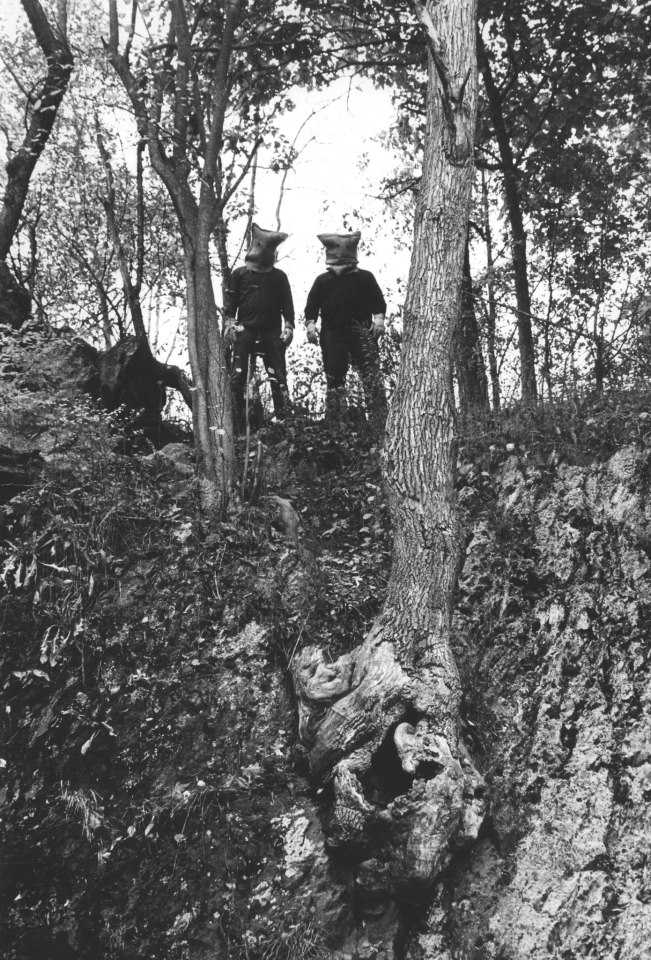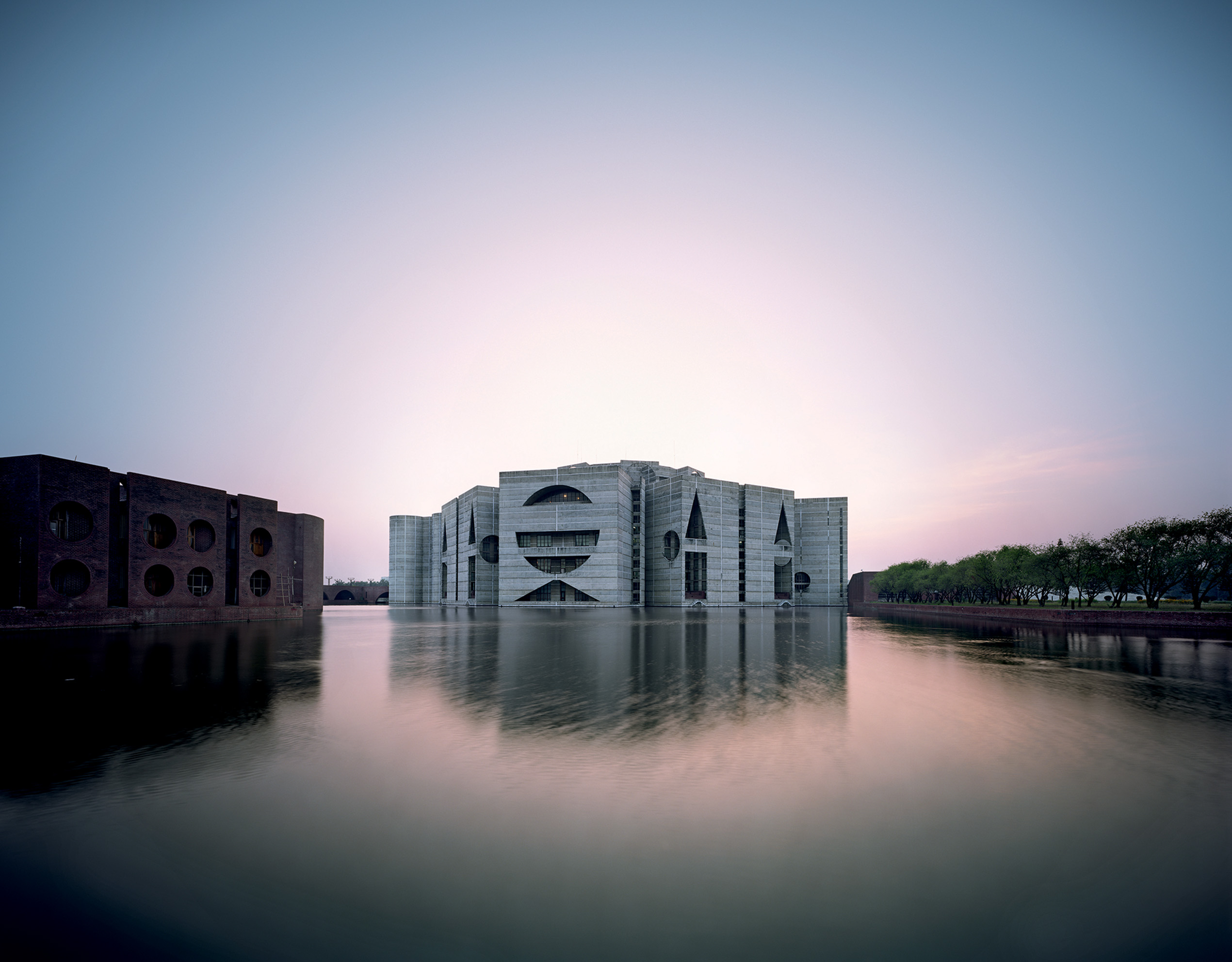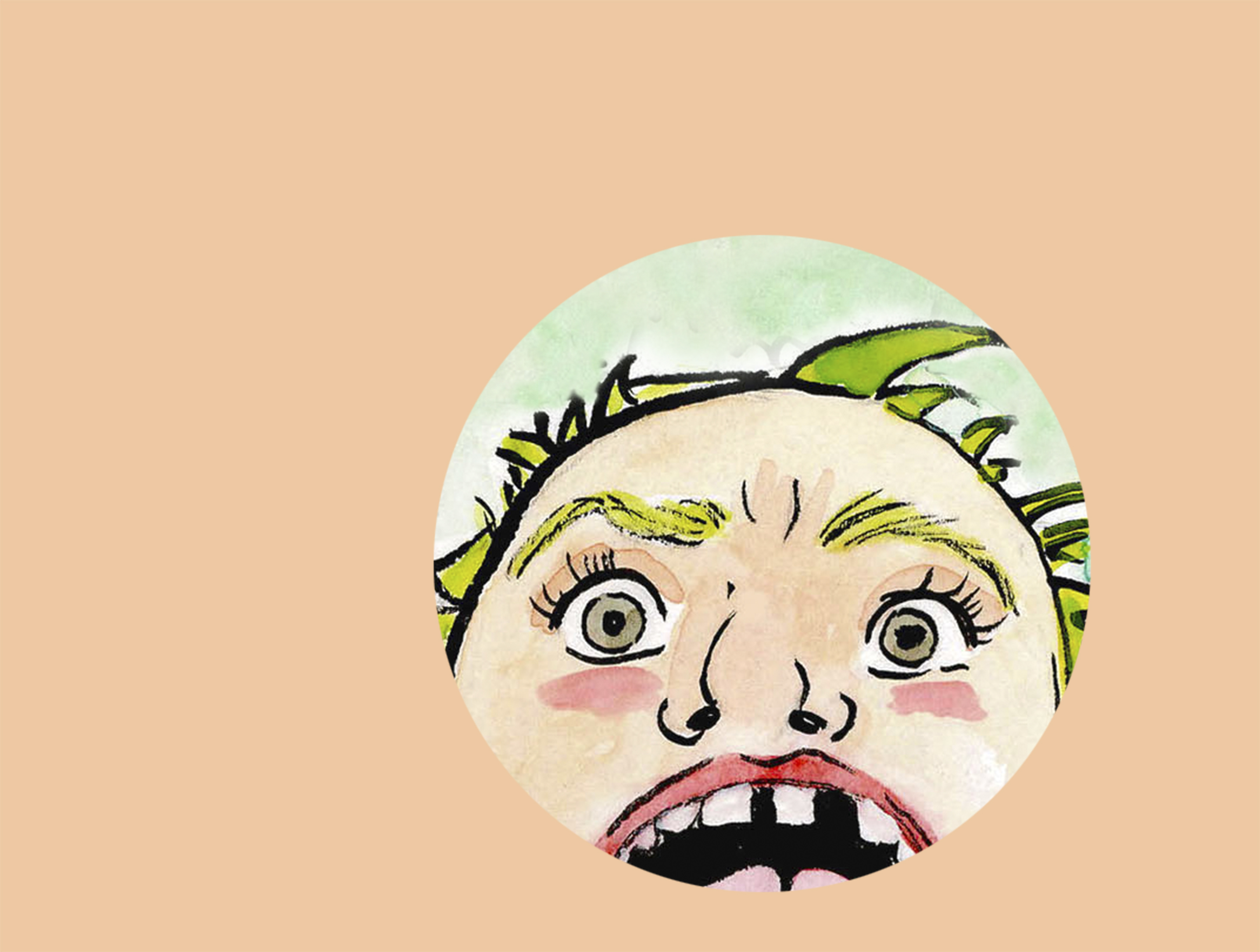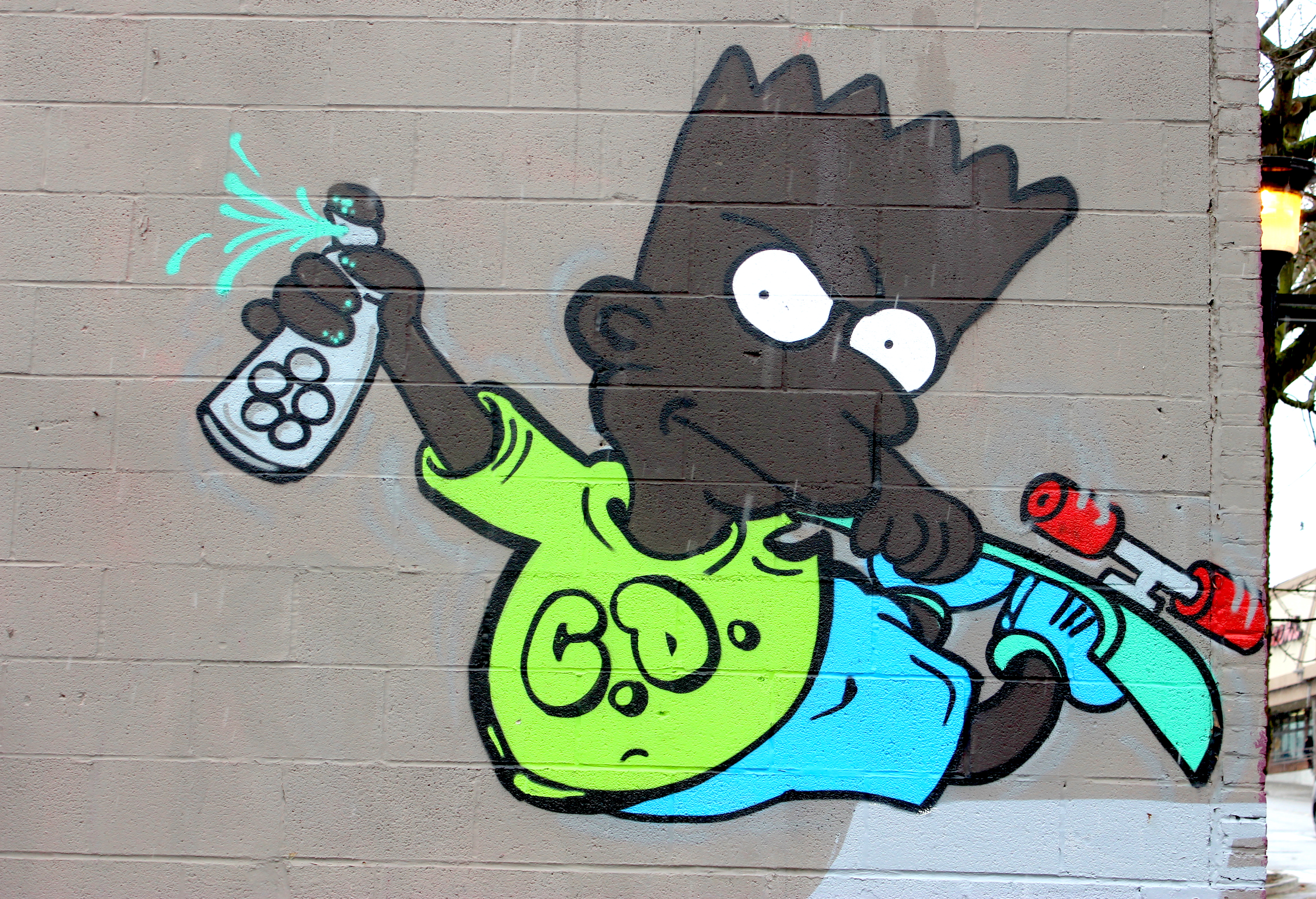THE BODY With The New Trust, MTNS, Where My Bones Rest Easy. The Highline, 210 Broadway E., 378-7837, 8 p.m. $7. 21 and over.
We were recently lucky enough to get to chat with Lee Buford, the drummer of recent Portland residents and Thrill Jockey signees, The Body. Buford and guitarist/screamer Chip King’s new album Christs, Redeemers came out this week, and they’ll be playing Saturday at The Highline. The record is a compositionally rich noise fest through a dark church, where all the pastors are screaming their brains out about the apocalypse.
What’s always fascinated me about The Body is how upset they seem. They seem very, very upset about things. Watch the video for “An Altar or a Grave” above to see what I mean. Watch any of their videos, actually. Below, I try to get to the heart of what’s eating The Body, as well as talking a bit about The Beach Boys:
Seattle Weekly: So, I saw you guys last time you were in Seattle, and I bought a shirt and didn’t realize until I got home that it says “Hate All Life” on the back. There’s a very palpable sense of misanthropy in your stuff. Where’s that come from? What are you guys so upset about?
Lee Buford: Well, just life in general. I think we got into punk pretty young, and then just not fitting in and being from the South, we’ve felt like this for a while. We just have trouble living normal lives I guess.
SW: Well what do you mean you have trouble living normal lives?
LB: We don’t really like people in general I guess. Not in a specific way, but a mankind way. It’s all an extrapolation of that.
SW: Is it that you don’t like us as an animal? Is it what humanity has done throughout history?
LB: I think as a species, as an animal, we’ve done more harm than good. I don’t think it’s anything specifically, it’s just a general feeling of everything combined. Also, it’s just like… what is the point behind most things I guess.
SW: Well, it’s interesting to me that your job in The Body is essentially to tour around the country, town to town, and be traveling doomsayers. You scream in these peoples faces about the end times, and it’s awesome, but what is that like for you guys?
LB: It’s a double edged thing. Me and Chip get along so well, we’ve been best friends for 20 years or something. On tour I guess we are a bit happier, because we’re just kind of doing what we want. It’s kind of a relief for us to play. If you hang out with us, we’re not total negative people. I think it’s just a deep down thing I guess.
SW: When you’re playing, do you feel the weight of that misanthropy, or is it a joyous thing for you?
LB: It’s both in a weird way. It’s definitely cathartic for us and I’m sure other people, but yeah, it’s sort of a relief for us. I think other people probably feel the same way about things as us.
SW: When I go to your shows, it feels like a messed up version of church. It’s very affecting in a similar way. Do people talk to you about the misanthropic stuff you sing about?
LB: Not really at shows. People will write us sometimes. I feel like live, most people who are there are just into how loud it is. I don’t really know how I feel about that. I think a lot of metal stuff has just become amplifier worship, which is not really what we’re into.
SW: Well, less than the loudness and the amplifier worship, your shows are just really low. You feel it in your gut because of all the low-end.
LB: Yeah, definitely. It started of, because there was just two of us, with Chip trying to get the sound of a fuller band. Now, Chip just wants it to be “holy shit” noise. He got sick of all the stoner doom stuff, and has been trying to go the opposite of that. Just complete noise so you can’t even tell what’s going on.
SW: Your music videos are all super intense: body bags, drowning bodies, blood. Are you guys into Jonestown? I get that vibe.
LB: Oh yeah, we sample Jonestown stuff in the music. I think it was really cool when it started off. You know, it was this left-leaning thing full of people who felt like they really didn’t fit in with this world, so they just moved to make a new world. Then they decided, ‘Ehhh, we’ve had enough,’ and they just killed themselves. I can definitely relate to that; living in today’s society is really tough, it gets tougher every day. It’s tough for anyone.
SW: Well I’m still really interested in why you feel that way, what is it about living in today’s society that you think gets harder and harder?
LB: I mean, especially with the internet, I think people value things less and less because everything is so easy to get and replace with something else. People don’t make records anymore, they make singles. Everything is dwindling down to the lowest common denominator.
SW: Do you and Chip talk about this stuff a lot?
LB: It comes up every now and again. I feel like every once and a while it will really bother us, but for the most part I think we’re fun people to be around.
SW: When you guys initially got together, did you have the blueprint for the band that you do now? You don’t sound like many other bands.
LB: Well, we got together in 1999 down in Arkansas, and what we were doing was very reactionary to what was happening at the time. We would smash stuff when we played, you know, drums and amps and stuff. As time went on, I guess I’d say the music just got a lot smarter.
SW: Compositionally your work is really interesting, with “A Body” you’ve got seven minutes of this lovely choir and then all of the sudden in drops this crushing tidal wave of sound. You mentioned you like noise music, but where’s that sort of avant-garde structuralism coming from?
LB: I think mainly it’s The Beach Boys. They’re my favorite band. Phil Spector and all that Brian Wilson stuff. The arrangements of it, it’s not just a band but it’s all these layers. I think a lot of metal music now is really repetitive and just draws on itself. It’s very insular. I wanted to go against that.
SW: The metal community does seem pretty insular right now, everyone always saying so and so isn’t kvlt enough or whatever.
LB: A lot of that I can see a point to. I think in metal that’s so big, I can understand people feeling like ‘this is my thing.’ You know, when Green Day got big in the 90s with punk, everyone was like ‘this was my thing.’ I do think that metal just draws on other metal for inspiration now though.
SW: Is that one of the reasons you went with Thrill Jockey for this record? It’s typically not a metal label.
LB: I’ve loved Thrill Jockey since they first started. I remember in ‘95 or ‘96 driving to see Tortoise and The Sea and Cake. And definitely, we were interested in expanding the metal community. We play a lot of metal shows and I think sometimes, it’s not that they don’t get it, but they just don’t like it.
SW: Are you surprised how into it people have been?
LB: Yeah, I’m definitely surprised. I think it’s just because they can tell we’re sincere about it. When people say they don’t like it, I’m just like ‘well yeah, that seems like a normal response.’
SW: What do you mean when you say you’re sincere about it?
LB: I feel like as far as creatively and aesthetically, it’s all a part of the same message.
SW: The message on Christs, Redeemers very much seems like it was coming from a dark church or something. Was that the intent?
LB: Definitely. I think a lot of the stuff we do draws on Christian religion. The Book of Revelations. I wouldn’t say we are religious people, but we’ve talked about how great it would be if there was a God and a reason for how shitty the world is. Or, if there was a God who would come back and reek revenge all the people in the world. Chip draws a lot of his lyrics from biblical stories of revenge, you know, smiting people.
SW: What draws you to those stories of revenge?
LB: In the world today I feel like there’s no consequence for people’s actions. Hopefully we’ll pay for this in some way. Our shows are like tantrums; it’s like us just being personally fed up with the way things are








